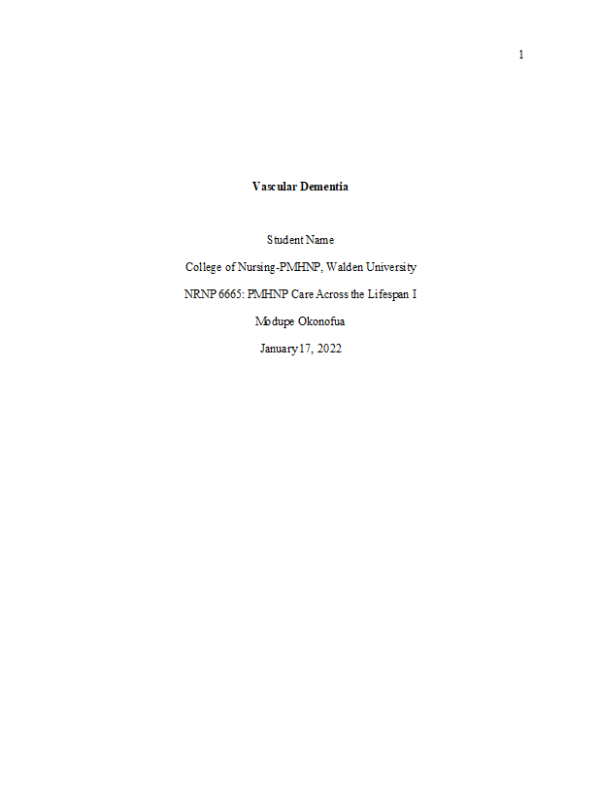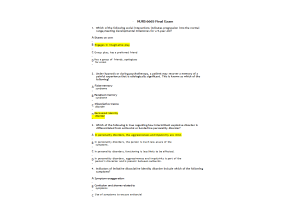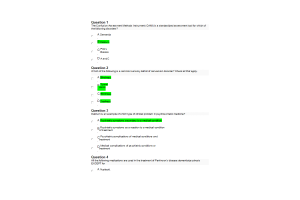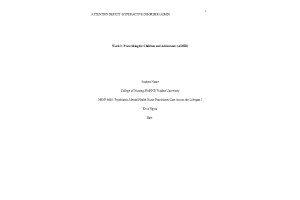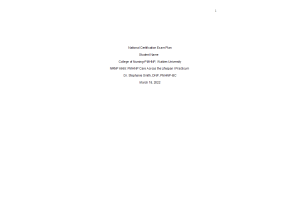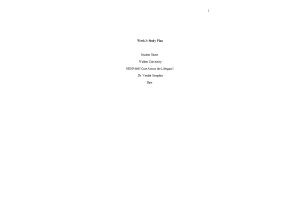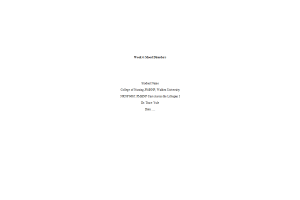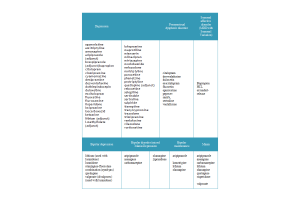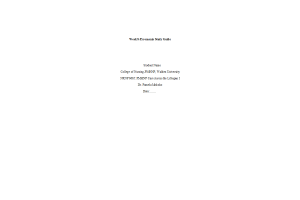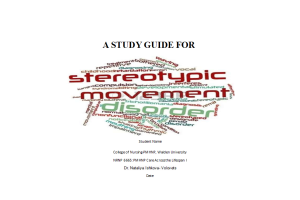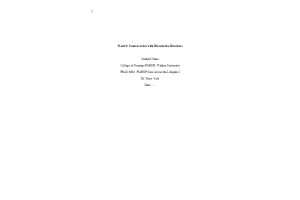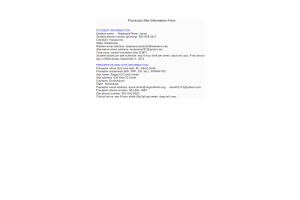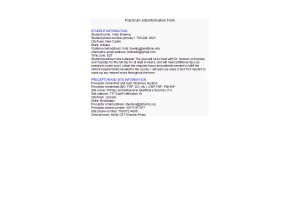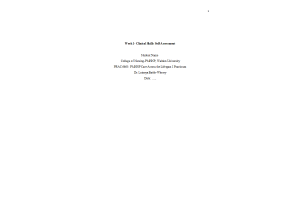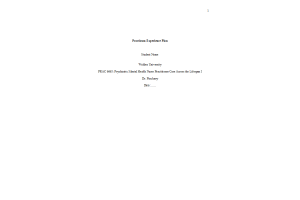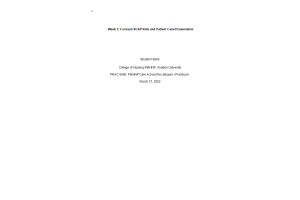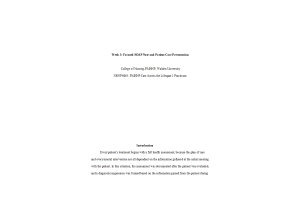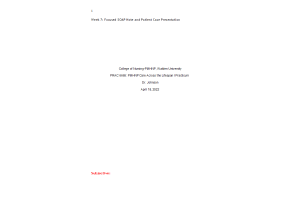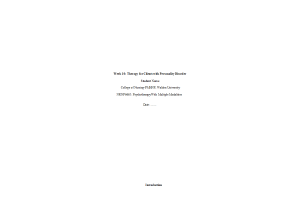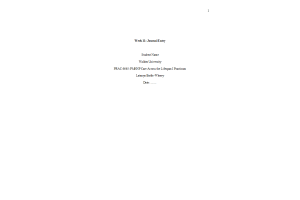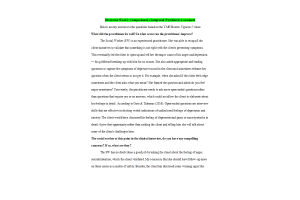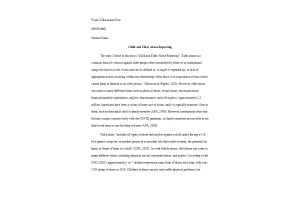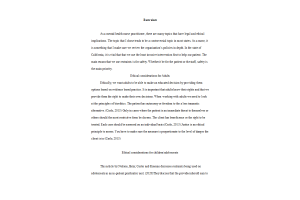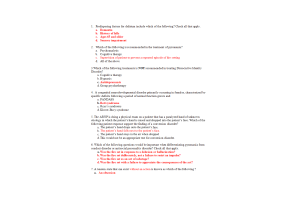NRNP 6665 Week 8 Assignment; Study Guide Forum - Vascular Dementia
- $15.00
Vascular Dementia Student Name College of Nursing-PMHNP, Walden University NRNP 6665: PMHNP Care Across the Lifespan I Modupe Okonofua January 17, 2022 Vascular Dementia Vascular dementia (VaD) is a frequent kind of dementia that is caused by the decreased blood supply to the brain, most commonly as a result of a stroke or series of strokes (Kalaria, 2018). VaD is sometimes referred to as multi-infarct dementia. VaD is classified as an etiological category of either major or moderate neurocognitive impairment in the DSM-5. Diagnostics and Labs Over the years, several criteria and terminology have been used to describe the cognitive impairment caused by cerebrovascular illness. Different definitions of dementia were employed in each of the primary criteria. VaD should be diagnosed based on two factors: ➢Neuropsychological testing demonstrates the presence of cognitive impairment. ➢A history of clinical stroke or neuroimaging evidence of vascular disease implies a link between the cognitive problem and vascular illness. The current statement suggests that the term likely be used to describe the purest types of VaD, and the term possibly be used when the diagnosis is less definite or the vascular syndrome is linked to another disease process that can induce cognitive abnormalities. Signs and Symptoms according to the DSM-5 Differential Diagnoses Alzheimer’s Disease: The primary difference between VaD and Alzheimer's disease (AD) is that AD develops gradually and progresses slowly. Whereas with VaD, the beginning may be rapid, followed by a gradual decrease (Anor et al., 2017). HIV Dementia: Patients with HIV dementia have a positive HIV test result and cognitive abnormalities along with neurological symptoms. Parkinson’s Dementia: In Parkinson’s dementia cognitive slowness is associated with extrapyramidal symptoms such as stiffness, bradykinesia, tremor, and gait difficulties. Frontotemporal Dementia: Frontotemporal dementia is a kind of cortical dementia that is more defined by behavioral and personality problems than cognitive problems. Huntington’s Disease: It is an autosomal ........... Continue
